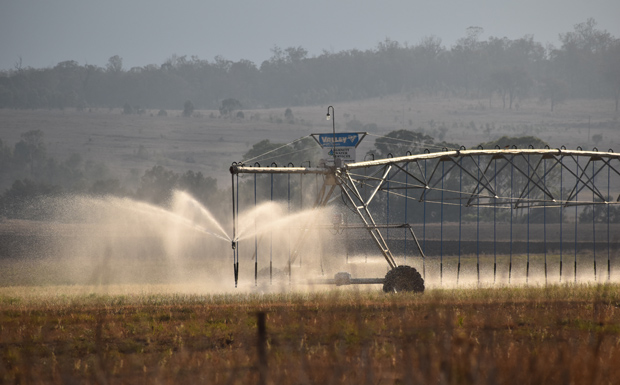
April 2, 2020
Queensland Farmers’ Federation says farming businesses on transitional and obsolete tariffs remain in the dark following the release of the Queensland Competition Authority’s draft determination on regional power prices.
QFF president Allan Dingle said that while the draft determination released this week included some good news – typical bills for regional households will fall by 5.3 per cent and small businesses by 5 per cent – farming businesses on transitional and obsolete tariffs could expect no price relief.
“The reductions for regional households and some small businesses are welcome,” he said.
“However, it is very disappointing that the QCA intends to maintain price levels for transitional and obsolete tariffs for the third year in a row, with many regional customers facing further bill increases in excess of 50 per cent when they are forced on to standard tariffs mid-2021.
“Time is quickly running out for the State Government develop a suite of suitable tariffs and a genuine transition program for farmers required to move to standard business demand-based tariffs before this deadline, creating significant risk and uncertainty for the agricultural sector.
“With the Australian Energy Regulator’s (AER) final determination on Energex and Ergon Energy’s Regulatory Proposals anticipated later this month and potential changes following the Queensland Government election in October, farmers will be against the clock to assess the new retail tariffs, work out what was best for their business and if any structural change or new equipment is needed.
“We acknowledge the finalisation of the suite of tariffs for irrigation and farming that we have been promised cannot happen until the AER concludes its important work, but nor is it acceptable for the process to be delayed another 12-months.
“It is paramount that the government implement a long-term, sustainable and cost reflective tariff structure for agriculture and irrigation as soon as possible.
“We call on the Queensland Government to empower the QCA to establish the structure and pricing of these tariffs so they can be implemented in the 2020-21 year to ensure the viability of Queensland’s food, fibre and foliage producers into the future.”
- Related article: Power Prices Forecast To Fall Again























